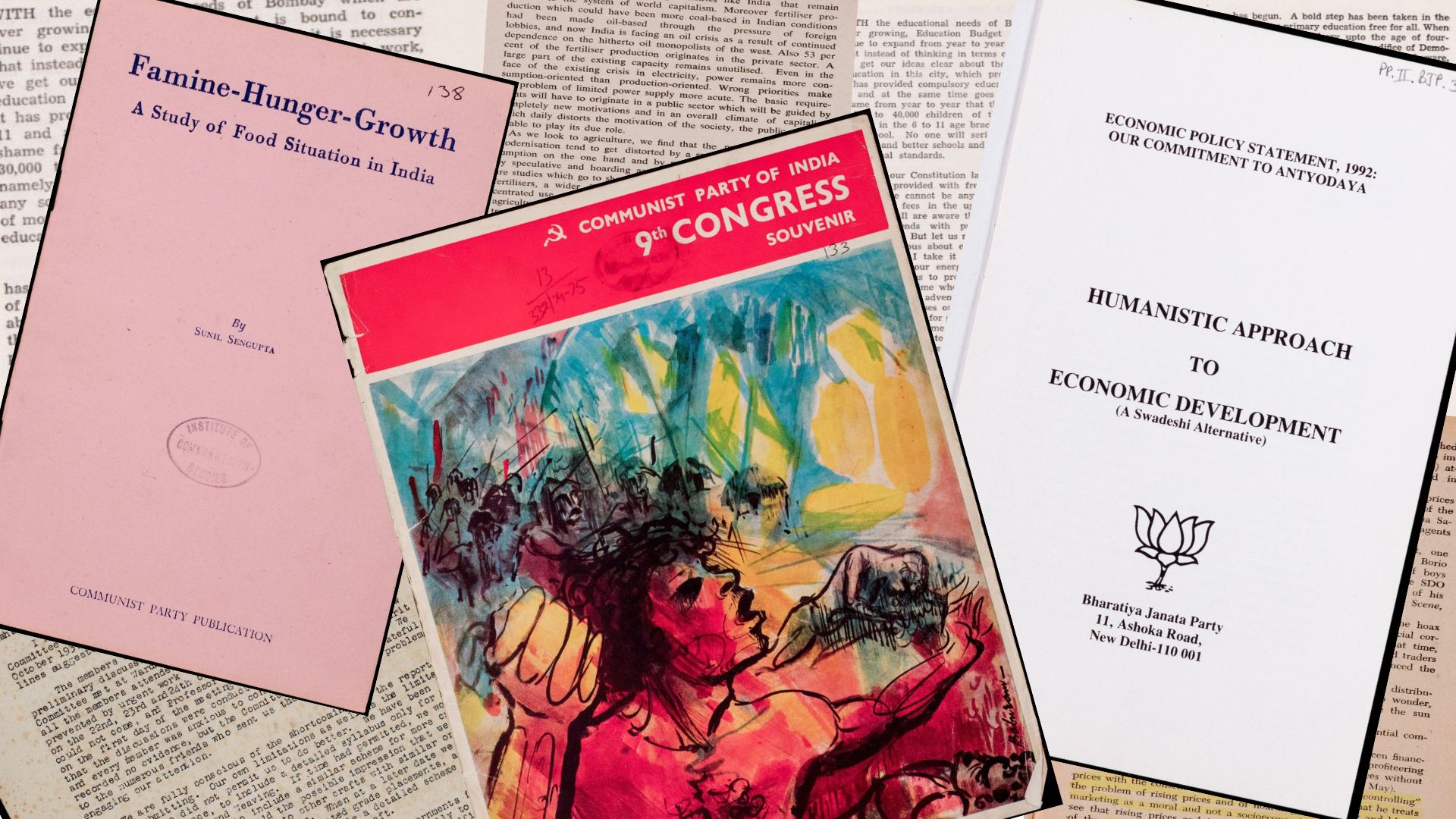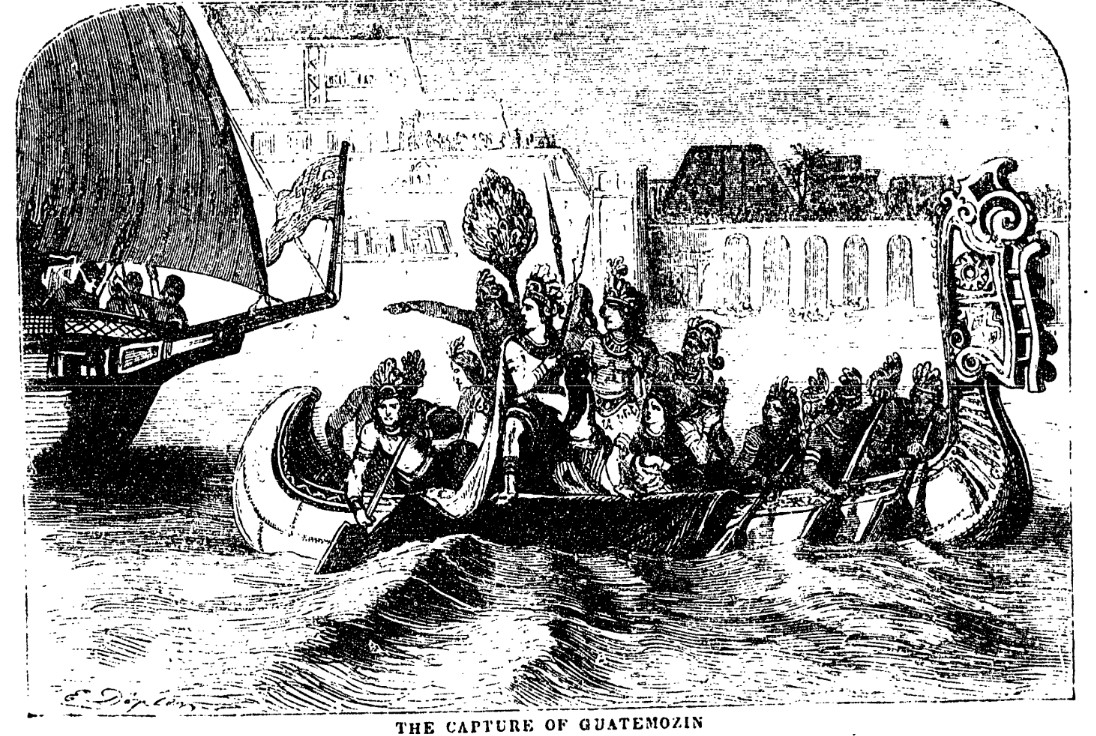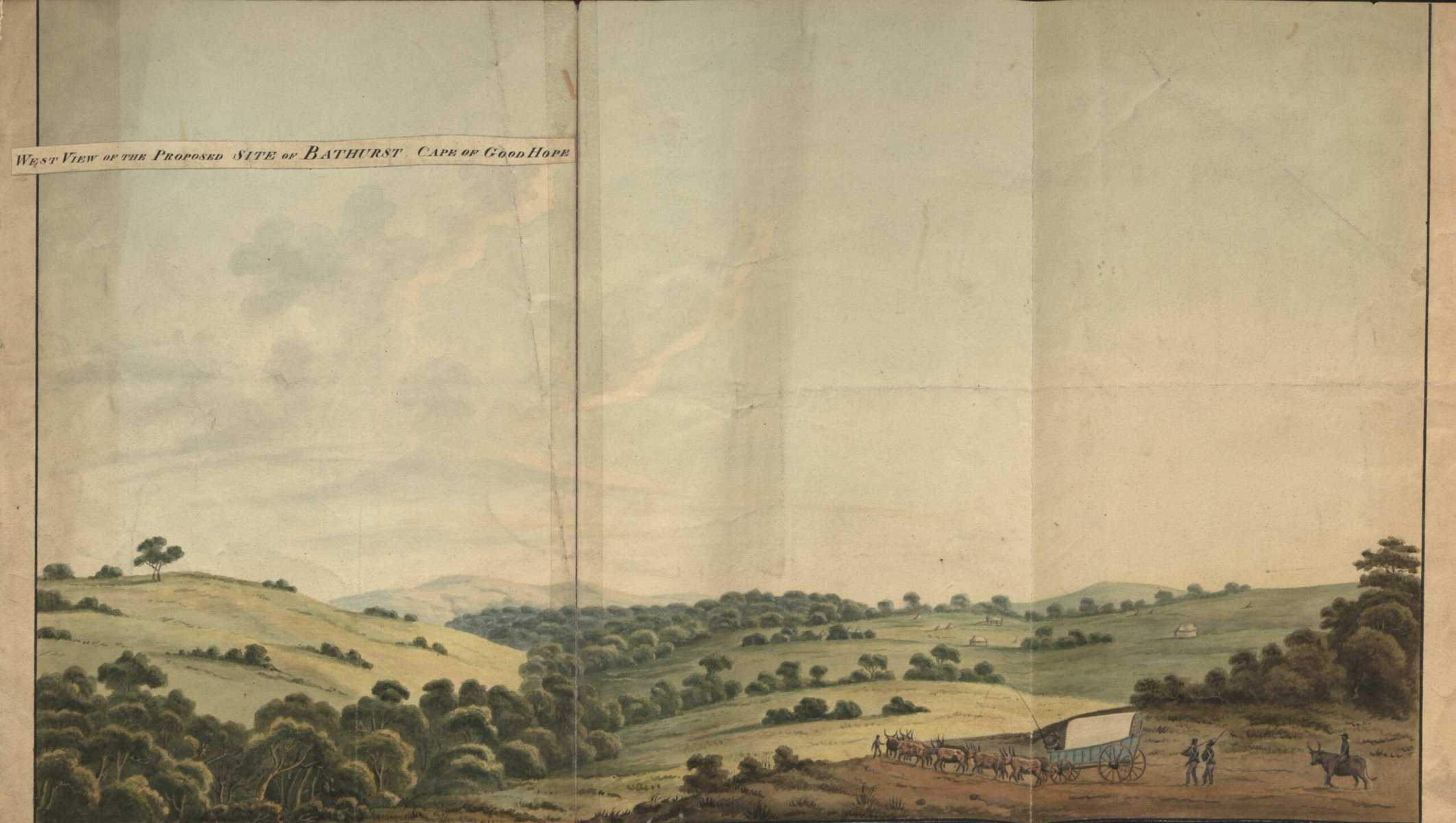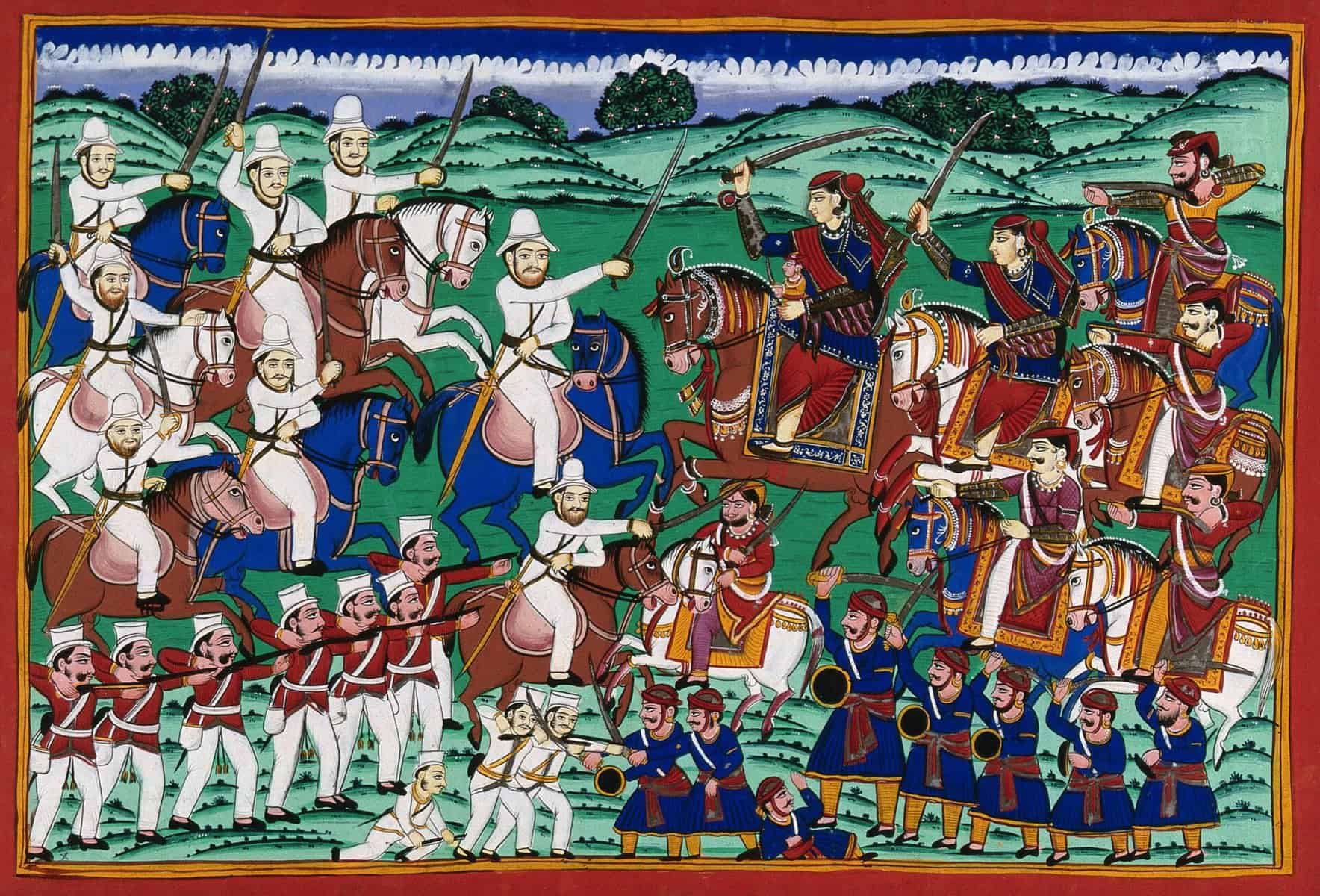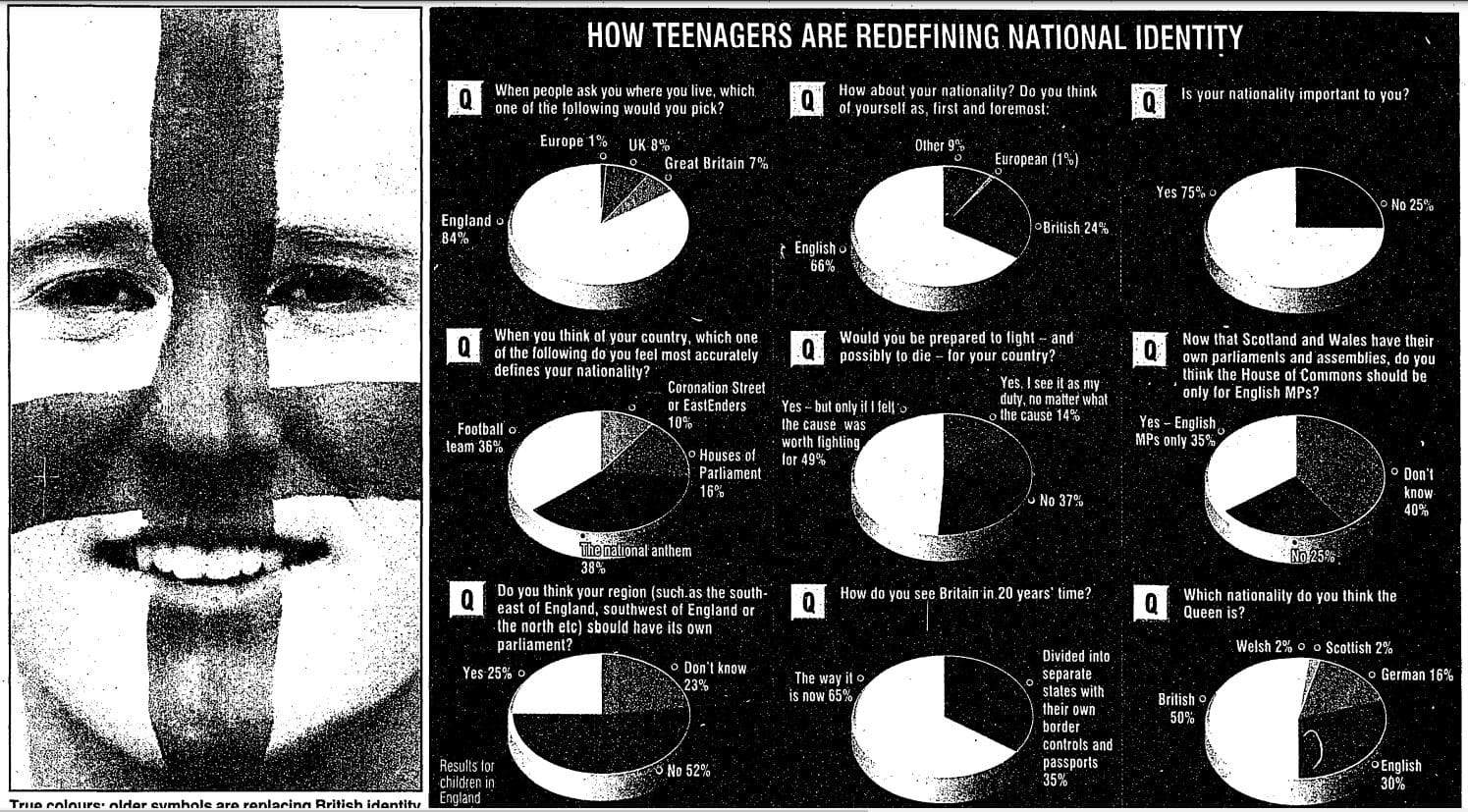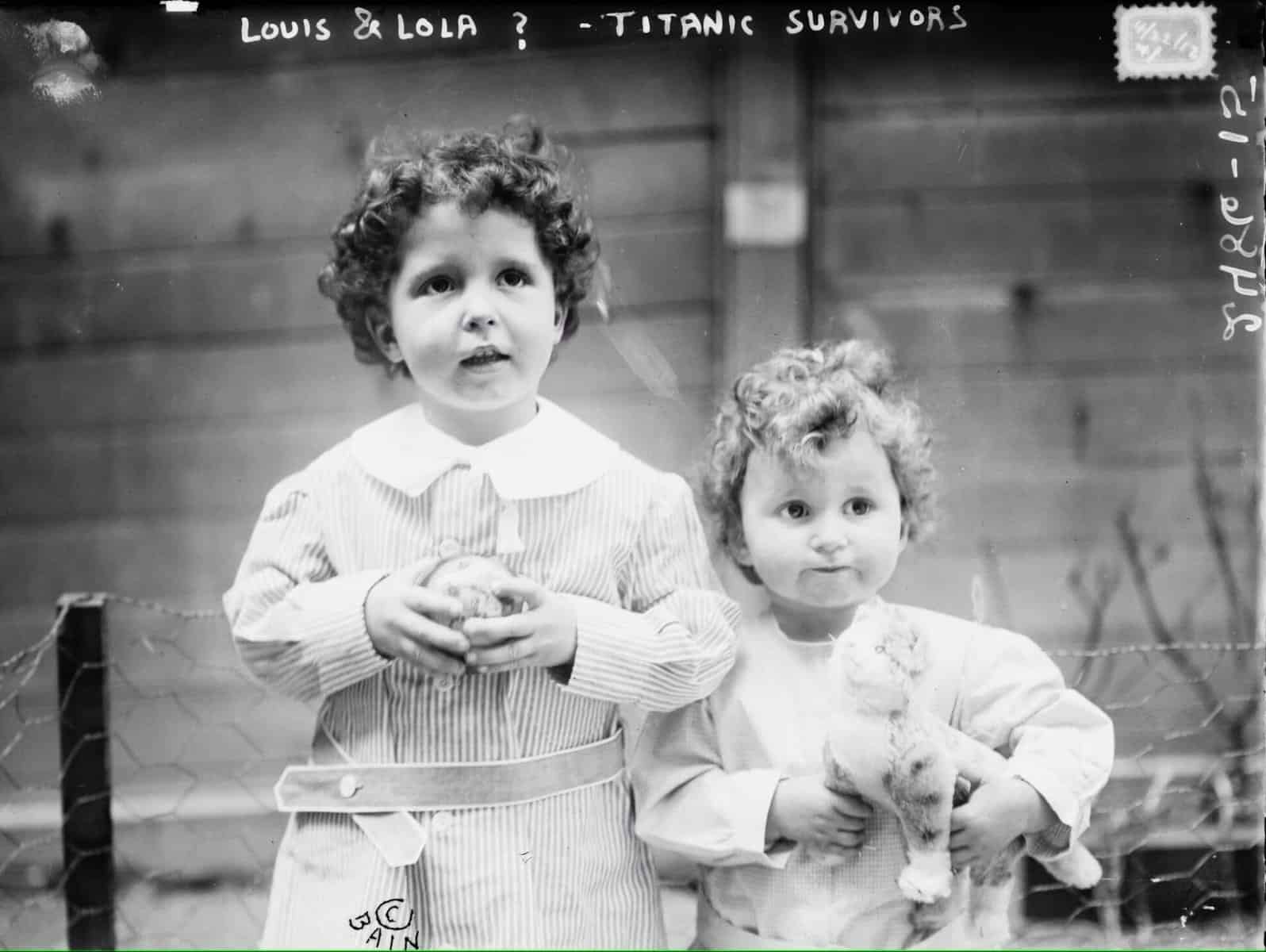│By Aiman Urooj, Gale Ambassador at the University of Delhi│
For scholars deeply studying decolonisation, access to primary sources and uncovering the voices that influenced anti-colonial movements is indispensable.
Archival collections consisting of historical documents like political pamphlets, newsletters, and institutional press releases provide unique insight into the socio-political and intellectual struggles of the independence movement. In that line, Gale Primary Sources’ Decolonization: Politics and Independence in Former Colonial and Commonwealth Territories digital archive proves to be an essential asset for researchers intending to understand the real dynamics of the revolutionary period.

